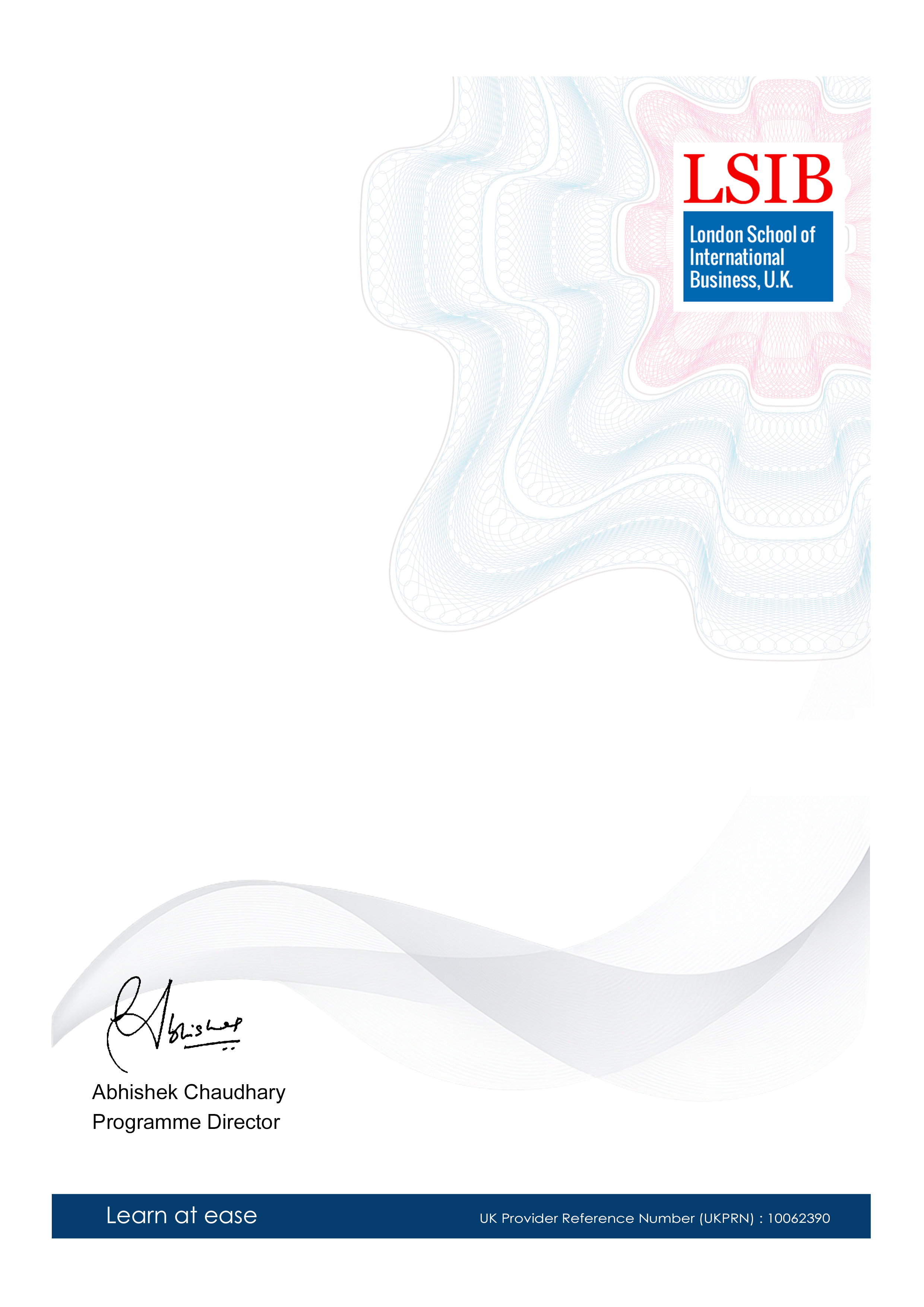Digital Humanities and Spatial Studies
-- viewing nowDigital Humanities and Spatial Studies utilize geospatial technologies and digital methods to explore human experiences. This interdisciplinary field combines humanities research with GIS, mapping, and remote sensing.
5,496+
Students enrolled
GBP £ 140
GBP £ 202
Save 44% with our special offer
About this course
100% online
Learn from anywhere
Shareable certificate
Add to your LinkedIn profile
2 months to complete
at 2-3 hours a week
Start anytime
No waiting period
Course details
• Digital Humanities Introduction
• Spatial Studies and GIS
• Data Analysis in Digital Humanities
• Digital Mapping and Spatial Narratives
• Text Analysis and Natural Language Processing
• Digital Scholarship and Publishing
• Geospatial Data Visualization
• Cultural Heritage Informatics
• History and Theory of Digital Humanities
• Critical GIS and Spatial Justice
Career path
| Career Role | Description |
|---|---|
| Digital Humanities Data Scientist (Spatial Analysis) | Develops and applies advanced spatial analytics to historical and cultural data. Strong programming and data visualization skills are key. |
| GIS Specialist (Digital Humanities) | Creates and manages geospatial databases and maps for digital humanities projects. Expertise in ArcGIS or QGIS is essential. |
| Spatial Historian | Combines historical research with spatial technologies to analyze historical patterns and processes. Requires strong historical research and GIS skills. |
| Digital Cartographer (Cultural Heritage) | Produces interactive and visually engaging maps for showcasing cultural heritage sites and data. Experience with web mapping technologies is preferred. |
| Text Analysis & Spatial Mapping Specialist | Integrates text mining and spatial analysis to uncover geographical patterns in textual data, like historical documents or literature. |
Entry requirements
- Basic understanding of the subject matter
- Proficiency in English language
- Computer and internet access
- Basic computer skills
- Dedication to complete the course
No prior formal qualifications required. Course designed for accessibility.
Course status
This course provides practical knowledge and skills for professional development. It is:
- Not accredited by a recognized body
- Not regulated by an authorized institution
- Complementary to formal qualifications
You'll receive a certificate of completion upon successfully finishing the course.
Why people choose us for their career
Loading reviews...
Frequently Asked Questions
Course fee
- 3-4 hours per week
- Early certificate delivery
- Open enrollment - start anytime
- 2-3 hours per week
- Regular certificate delivery
- Open enrollment - start anytime
- Full course access
- Digital certificate
- Course materials
Get course information
Earn a career certificate

